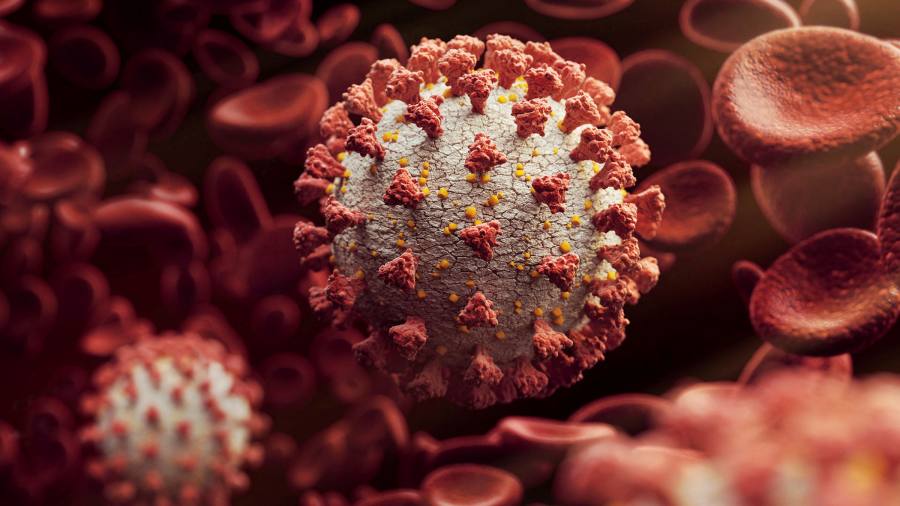People who have already contracted the coronavirus are as protected against reinfection as those who have received the best Covid-19 vaccines, according to a survey of 20,000 UK health professionals, the largest study in the world to date.
Public Health England regularly tested two corresponding groups of volunteers between June and November – 6,000 health workers who had previously been infected with coronavirus and 14,000 not.
A comparison of infections in the two groups, described in preliminary results released on Thursday, found that the previous infection provided at least 83 percent protection against reinfection. It provided over 94% protection against symptomatic Covid-19, corresponding to the numbers of the most effective Covid-19 vaccines.
Susan Hopkins, senior medical consultant at PHE, said she was “strongly encouraged” by the discovery that the infection provided powerful – though not complete – protection against reinfection for at least five months.
“The natural infection looks as good as a vaccine, which is very good news for the population,” she said.
Although the study could not provide data on possible protection beyond five months, Professor Hopkins was optimistic that it would last “much longer than the few months people were speculating” during the early stages of the pandemic last year.
“This will give a level of immunity to the community that will reduce transmission,” she said.
During the study, 44 people in the previously infected group of 6,000 tested positive at least three months apart, suggesting that they had been “potentially reinfected”. But because genomic analysis was not available to confirm that different viruses were responsible for the two infections, they were not considered to be proven reinfections. The same virus may have been incubated for a long time in the same individual, although the researchers thought this was less likely in most cases.
Eleanor Riley, professor of virology at the University of Edinburgh, said the study data also suggested that people who recovered from Covid-19 were less likely to pass the virus on to others without knowing it, because the natural infection seemed to provide about 75 percent protection against asymptomatic reinfection. “This is good news in terms of the long-term trends of the pandemic,” she said.
Still, Professor Hopkins urged people “not to misinterpret these early findings.”
“If you believe you have had the disease and are protected, you can be sure that it is highly unlikely that you will develop a serious infection, but there is still a risk of acquiring an infection and passing it on to others,” she said.
The cut-off point for the preliminary analysis in late November came too early for researchers to investigate how well vaccines – the first of which were approved for use in the UK in December – protected health workers in the study group.
The researchers were also unable to assess the impact of the new and more contagious variant B.1.1.7 on reinfection rates. PHE plans to expand the research project over the next three months to include 100,000 health professionals and consider both issues.
